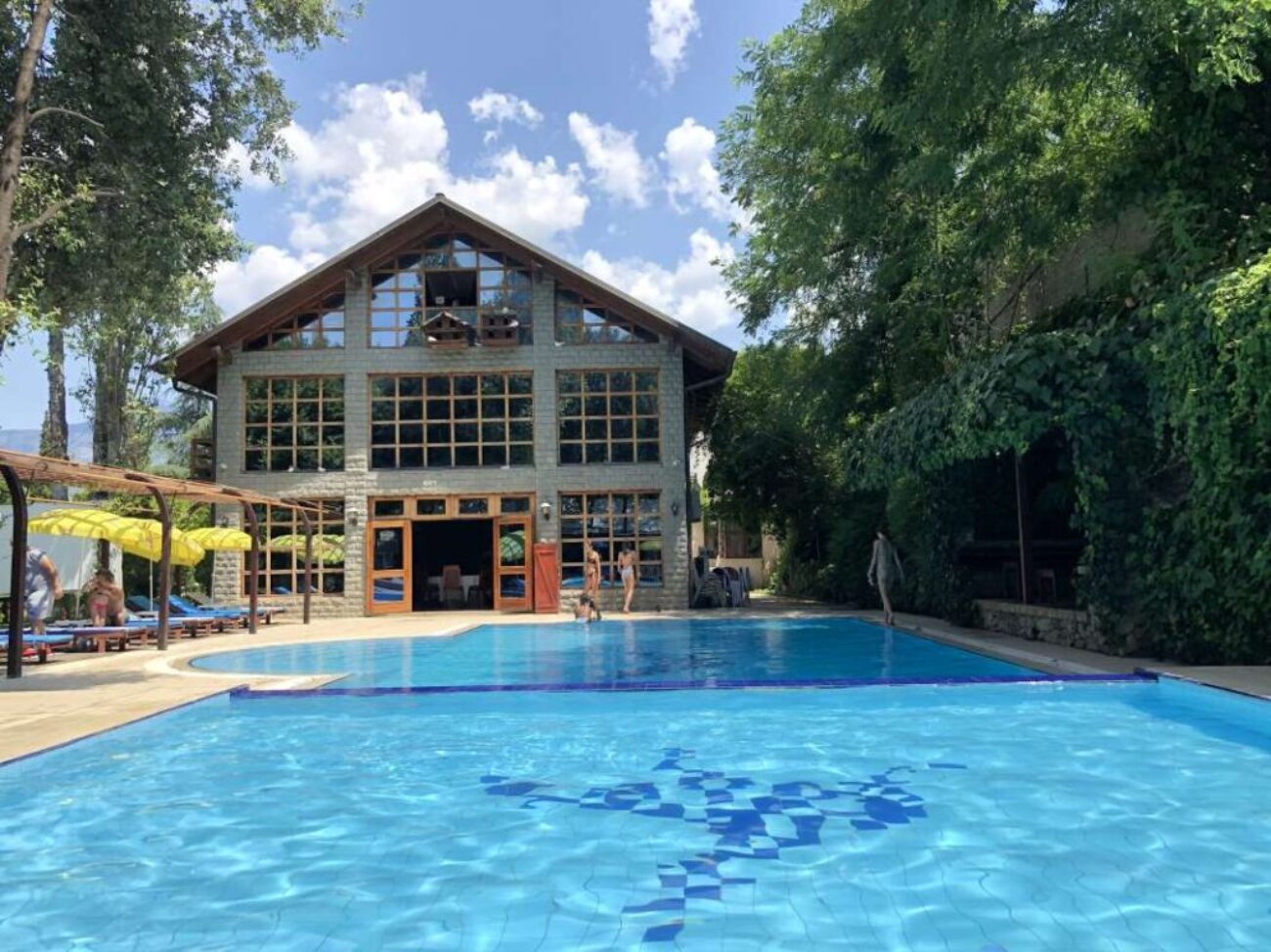Inside the Deal: What to Expect in a Pool Route Sale Agreement
Explore the essential components of a pool route sale agreement to ensure a smooth transaction and successful business ownership.
When considering purchasing a pool route, understanding the sale agreement is crucial to ensuring a smooth transaction and successful business ownership. This post delves into the key elements typically found in a pool route sale agreement, including the rights and obligations of both the buyer and seller, the financial terms, and important legal considerations. Whether you’re an aspiring entrepreneur or an established pool service operator looking to expand, knowing what to expect in a sale agreement can significantly impact your investment. We will also touch upon best practices, potential pitfalls, and how to navigate the process effectively.
Introduction
As the pool maintenance industry continues to grow, many entrepreneurs and service professionals are exploring opportunities to buy established pool routes. A pool route sale agreement serves as the foundation for this transaction, outlining the terms and conditions that govern the sale. This document is vital not only for protecting the interests of both parties but also for ensuring a smooth transition of ownership. In this post, we will break down the key components of a typical pool route sale agreement, providing insights into what buyers should look for and what sellers should ensure is included.
Key Components of a Pool Route Sale Agreement
One of the first sections in a pool route sale agreement typically outlines the basic details of the transaction. This includes the names and contact information of both the buyer and seller, a description of the pool route being sold, and the agreed-upon purchase price. Additionally, this section may specify whether any assets, such as equipment or vehicles, are included in the sale.For example, if the seller is providing their truck or pool maintenance equipment as part of the deal, this should be clearly stated. This clarity helps prevent misunderstandings and ensures both parties are on the same page. Moreover, it can also affect the overall valuation of the route being sold.
Financial Terms
The financial terms of the agreement are one of the most critical aspects. This section details how the purchase price will be structured, including any down payment, financing options, and the timeline for payments. It may also outline any contingencies that could affect the final sale price, such as inspections or the transfer of existing customer contracts.Buyers should pay close attention to this section, as it can significantly impact their cash flow and overall financial planning. For instance, if the seller is offering flexible financing options, this can make the purchase more accessible for first-time buyers. Conversely, sellers must ensure that they are protected by including clauses that safeguard against defaults in payment.
Customer Base and Transfer of Contracts
An important aspect of a pool route sale agreement is the transfer of customer contracts. Sellers typically have a loyal and established customer base, which is one of the main benefits of purchasing an existing pool route. The agreement should specify how these contracts will be transferred to the buyer, including any customer lists and contact information.Additionally, the seller may offer to assist with the transition by introducing the new owner to existing customers. This can help maintain relationships and ensure a smoother handover. Buyers should verify that these contracts are legally transferable and that the seller has the right to do so. This aspect is crucial because an established customer base can significantly affect the potential profitability of the route.
Legal Considerations
Legal considerations are another critical component of the pool route sale agreement. The agreement should clearly outline the legal obligations of both parties, including any warranties or representations made by the seller regarding the condition of the business. For example, the seller may warrant that there are no pending legal issues or disputes related to the pool route.Furthermore, it’s essential to include clauses that address liability and indemnification, protecting both parties in case of unforeseen circumstances. Buyers should also ensure that the agreement complies with local regulations governing the pool service industry. Consulting a legal expert who specializes in business transactions can be beneficial to navigate these complexities.
Due Diligence
Before finalizing the sale, the buyer should conduct thorough due diligence. This process involves reviewing the financial records of the pool route, including income statements, expenses, and customer retention rates. The sale agreement may outline the buyer’s right to access this information for a specified period before the transaction closes.Due diligence is critical for assessing the true value of the pool route and ensuring that there are no hidden liabilities. It also allows the buyer to understand the operational aspects of the business. For instance, if the buyer discovers that the customer retention rate is lower than expected, they may want to renegotiate the purchase price or include provisions in the agreement that address this issue.
Best Practices for Buyers and Sellers
For buyers, it is essential to approach the purchase with a clear understanding of their goals and budget. They should actively engage with the seller to gather as much relevant information as possible about the business and its operations. Seeking the assistance of a reputable business broker, such as Tower Business Brokers, can provide invaluable support throughout the process.Sellers, on the other hand, should be transparent about the nature of the business and provide all necessary documentation to facilitate the sale. This transparency can foster trust and help avoid potential disputes down the line. Additionally, preparing the business for sale, which includes streamlining operations and maintaining customer relations, can enhance the overall value of the pool route.
Negotiation Strategies
Negotiating a pool route sale agreement can be a complex process. Both parties must approach negotiations with an open mind and a willingness to find common ground. For buyers, it is helpful to have a clear understanding of the market value of similar pool routes in the area. This knowledge can provide leverage during negotiations and help avoid overpaying.Sellers should also be prepared for negotiation by having a strong rationale for their asking price. Providing evidence of the route’s profitability, customer loyalty, and growth potential can support their case. Ultimately, both parties should aim for a fair agreement that reflects the true value of the pool route while catering to their respective needs.
Conclusion
In summary, a pool route sale agreement is a critical document that lays the groundwork for a successful transaction between buyers and sellers. By understanding the key components, including the financial terms, customer base transfer, and legal considerations, both parties can navigate the process more effectively. Whether you’re looking to buy a pool route to step into a profitable venture or sell an established route, knowing what to expect in a sale agreement can significantly impact your experience. If you’re ready to explore available options, consider working with a trusted broker like Tower Business Brokers, who can guide you through the purchasing process and help you find the perfect pool route for your business needs.



